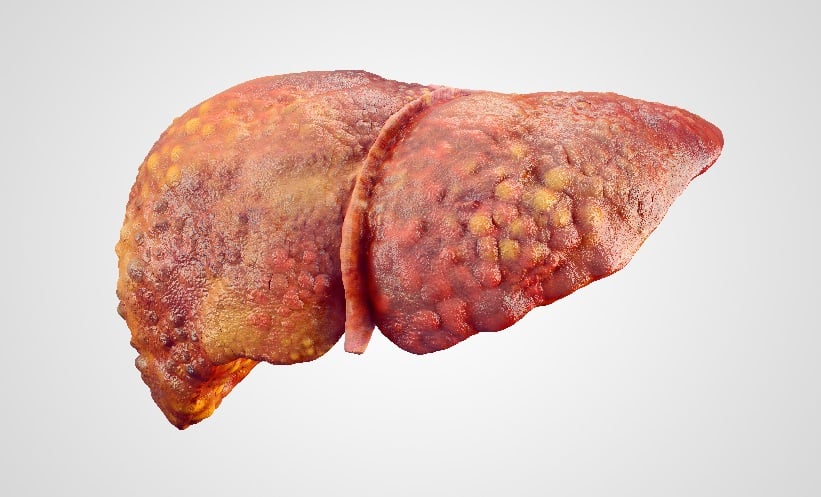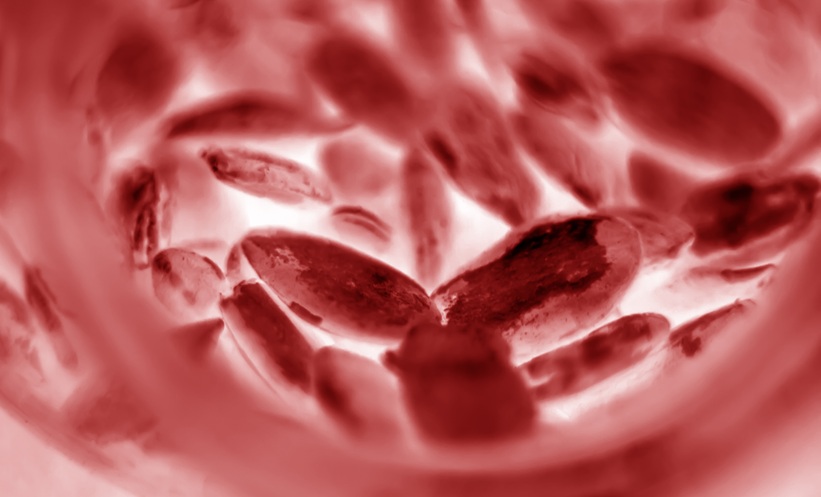CIRRHOSIS remains a major global health challenge, contributing significantly to morbidity and mortality due to complications such as ascites, variceal bleeding, and hepatorenal syndrome. Current therapeutic strategies often focus on managing symptoms rather than preventing disease progression or reducing related events. Sodium-glucose cotransporter 2 (SGLT-2) inhibitors, while widely used in the treatment of Type 2 diabetes and heart failure, are now being explored for their potential benefits in patients with liver disease. A recent study suggests they may play a role in reducing the incidence of serious liver events in patients with cirrhosis. Notably, patients on SGLT-2 inhibitors had a 32% lower risk of serious liver outcomes compared to matched controls.
The cohort study drew upon a large, international database encompassing over 120 healthcare organisations within the TriNetX platform. Researchers included adult patients with cirrhosis who were receiving standard diuretic therapy (furosemide and spironolactone) between January 2013 and July 2021. The exposure group consisted of patients also taking an SGLT-2 inhibitor. Propensity score matching was used to create a 1:1 matched control group based on demographics and comorbidities. All patients were followed for a maximum of three years, with follow-up ending in July 2024. Statistical comparisons included t tests for continuous variables and Pearson χ² tests for categorical outcomes.
Among the 10,660 matched patients (mean age 63.8 years; 57.8% male), those receiving SGLT-2 inhibitors experienced a significantly lower rate of serious liver events (HR 0.68; 95% CI: 0.66–0.71; p<0.001). Significant reductions were also seen in several secondary outcomes, including hepatorenal syndrome (HR: 0.47), spontaneous bacterial peritonitis (HR: 0.55), paracentesis (HR: 0.54), variceal bleeding (HR: 0.79), hypoglycaemia (HR: 0.75), and all-cause hospital admissions (HR: 0.67).
These findings suggest that SGLT-2 inhibitors may offer important clinical benefits for patients with cirrhosis beyond their established cardiovascular and renal effects. However, as this was an observational study, causal conclusions cannot be drawn, and residual confounding remains a possibility. Further randomised controlled trials are necessary to confirm these associations. Nonetheless, this study provides compelling early evidence that SGLT-2 inhibitors may be a valuable addition to the therapeutic toolkit in cirrhosis care.
Reference
Abu-Hammour MN et al. Sodium-Glucose Cotransporter 2 Inhibitors and Serious Liver Events in Patients With Cirrhosis. JAMA Netw Open. 2025;8(6):e2518470








